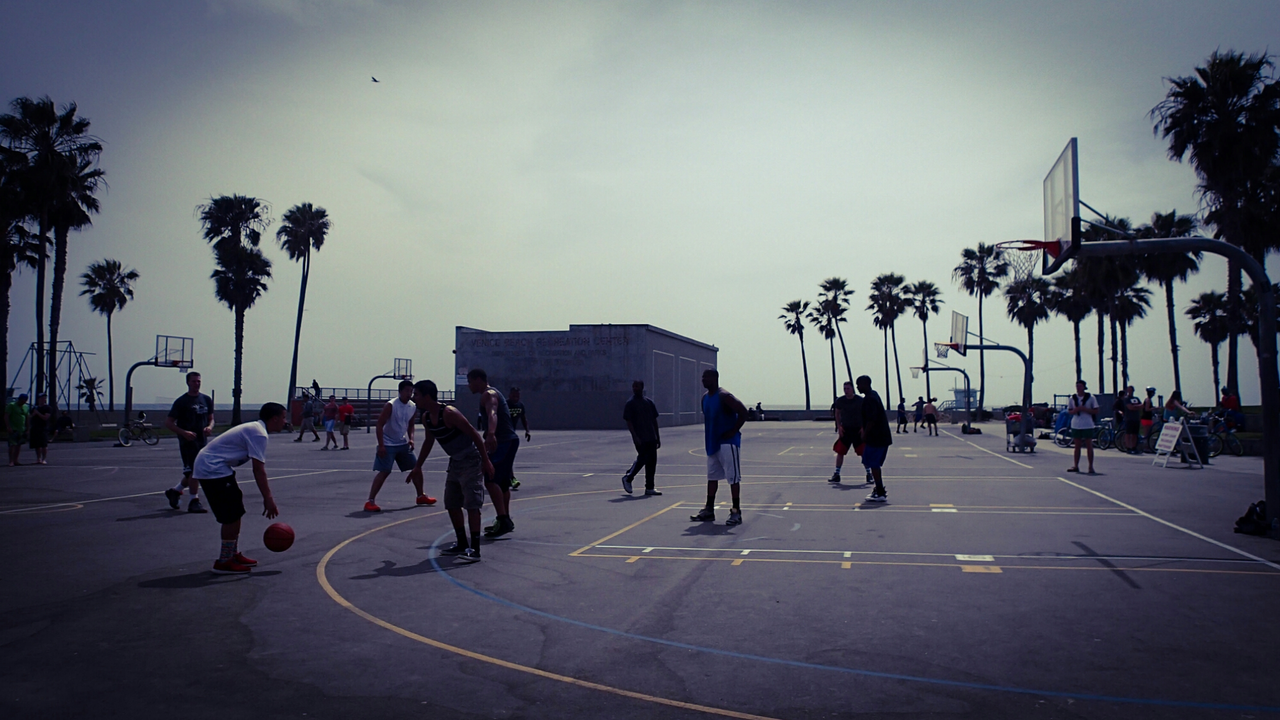Pick Up Soccer
When talking about Pick Up Soccer, a spontaneous, informal version of association football played on any available field, often with friends or local strangers. Also known as casual football, it thrives on minimal setup and pure enjoyment.
One key driver of Grassroots Soccer, the foundation of organized football that feeds talent into clubs and national teams is the habit of gathering for pick up games. Grassroots programs teach basic skills, reinforce teamwork, and act as a scouting ground for professional clubs. Whether you’re a teenager in a school yard or an adult after work, the low‑barrier environment encourages anyone to show up and play.
Why the English Championship Matters
The English Championship, the second tier of English professional football known for its competitive balance and passionate fan bases often supplies the talent pool for pick up matches across the UK. Players who train with clubs like Coventry City or Sheffield Wednesday bring higher‑level tactics and fitness to informal games. Their experience raises the overall standard of local play, making pick up soccer a useful practice ground for aspiring semi‑pros.
Location plays a huge role, too. Local Park Fields, publicly maintained grass or artificial surfaces that are free to use and open to anyone serve as the typical stage. These fields often have basic markings, a few portable goals, and enough space for multiple small‑sided games. Because they’re easy to access, they attract a mix of ages, skill levels, and cultural backgrounds, fostering a truly inclusive atmosphere.
Gear is another simple yet vital piece. Pick up soccer requires only a ball, a pair of shin guards, and sneakers that can handle quick changes of direction. The reduced equipment list means you can join a game on a moment’s notice, and it also lowers the cost barrier for newcomers. Some groups even rotate a single ball to keep everyone involved and maintain a fast‑paced flow.
Even without a coach, you can improve by applying basic Match Analysis, the process of reviewing game moments to identify strengths, weaknesses, and tactical adjustments. After a session, quickly discuss what worked: was the passing pattern effective? Did the team defend well on set pieces? This informal debrief helps players internalize lessons without the formality of a training camp.
Community spirit fuels the longevity of pick up soccer. Regular participants often organize informal leagues, set up rotating captains, or even create simple scoring systems to keep things interesting. The social bonds formed on the pitch frequently spill over into local events, charity matches, or online groups where people share tips and arrange future games.
All these elements—grassroots influence, professional club connections, accessible fields, minimal gear, and self‑driven analysis—combine to make pick up soccer a powerful platform for fun, fitness, and football development. Below, you’ll find a curated set of articles that dive deeper into each of these aspects, from match previews involving Championship teams to practical guides on improving your casual game. Ready to see how the community lives the sport? Keep reading for insights that can instantly level up your next pick up session.
